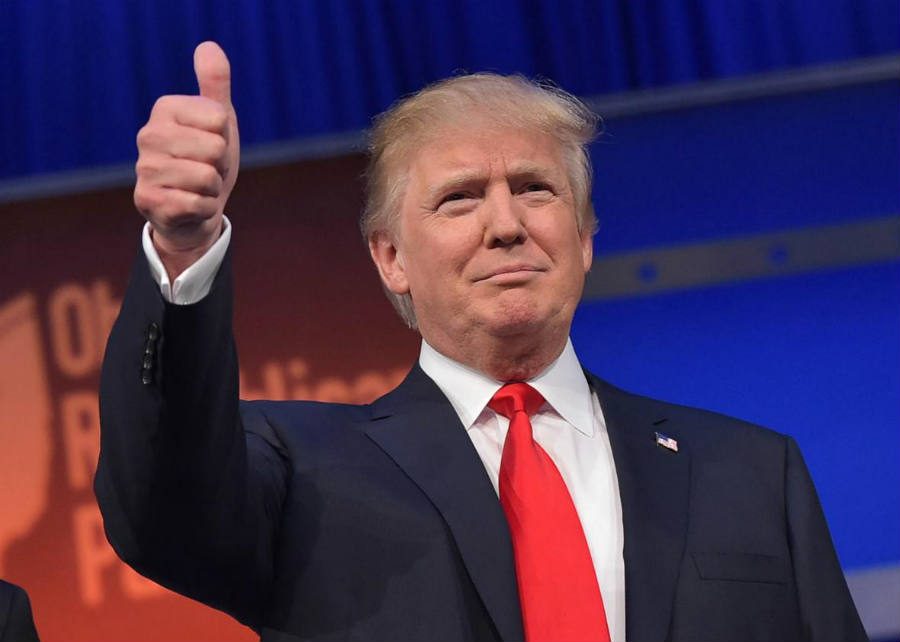President-elect Donald J. Trump has not taken office yet, but people are already wondering what his presidency will be like. While most worry about the economy, others wonder if Trump will be good for science and space exploration.
The soon-to-be 45th President of the United States has been very vocal about his views on the military, the justice system, and Washington’s establishment. Most recently, his take on Net Neutrality and cyber warfare raised some concerns among the public.
Furthermore, Trump’s stance on climate change is criticized by the scientific community as a whole, but this may not be the case when it comes to exploring our neighboring planets, satellites, and even deep space.
Trump’s Space Program: Focus on space, not on Earth
Space exploration under a Trump administration will take the endeavors of NASA to further frontiers. Republican advisers and experts have suggested the space agency should stop monitoring Earth’s climate and focus on other planets instead.
Following the presidential debates between Hillary Clinton and the President-elect, the scientific community noticed a worrying trend: there was little to no mention of space exploration. As a result, Space News magazine reached out to both candidates to know their views on the issue.
“Human exploration of our entire solar system by the end of this century should NASA’s focus and goal,” said Robert Walker and Pete Navarro, Trump’s space policy advisors. “NASA’s core missions must be exploration and science – and inspirational!” they added.
Trump has hinted at a more intense approach towards the exploration of Mars, Jupiter and its moon Europa, as well as Pluto and the Asteroid Belt for mineral resources in the future.
NASA under Trump will stop being “just a space logistics agency”’
Much of the criticism of the Space Administration from Republican factions stems from the fact that it focuses too much on bureaucracy and logistics.
Both of these aspects are necessary and of the utmost importance when dealing with spacecraft and in-orbit activities of any kind, but Trump feels the nation should take more actions instead of just observing.
Trump will work with the private sector to “lead the way into the stars.”
The recent surge of private enterprises in the space travel industry means good news for NASA and other space agencies across the globe. Obama and his space program significantly tapped into this with partnerships with Boeing and SpaceX.
Now, Trump intends to continue this legacy and expand it even further. A private-public alliance could reduce the cost of operations, liberate federal funds, and create more missions and job opportunities to keep developing America’s space leadership.
During the same rally at Orlando Sanford International Airport, Trump said this approach was a “cornerstone” of his policy, and that carrying it out properly would “spur innovation and fuel economic growth.”
NASA’s funding will depend on America’s priorities
Despite all of these great plans to strengthen the United States’ space program, the Trump administration has a few other priorities in mind.
National interest aspects such as the economy, education, immigration reform, and others are at the top of the list for Trump above NASA and space exploration.
“If we are growing with all of our people employed and our military readiness back to acceptable levels, then we can take a look at the timeline for sending more people into space,” Trump said back in May in an interview with Aerospace America.
Some of the names being juggled to hold the top position as head of NASA include U.S. Rep. James Bridenstine, Mark Albrecht, Mike Griffin, and Eileen Collins. Donald Trump will take office on January 20, 2017.
Source: Scientific American




